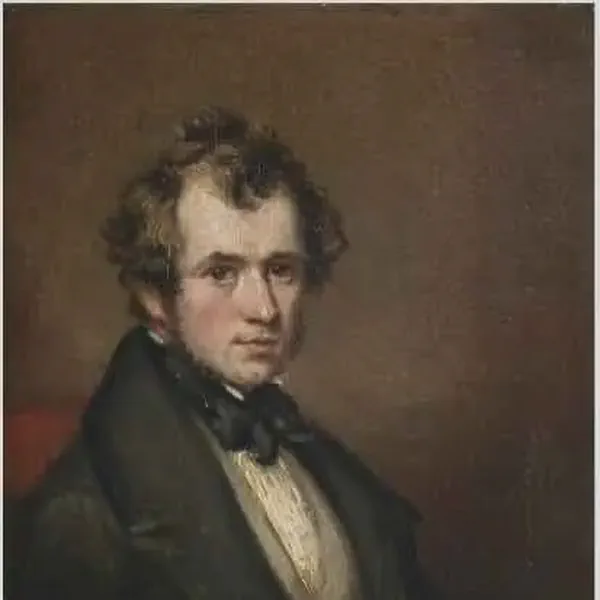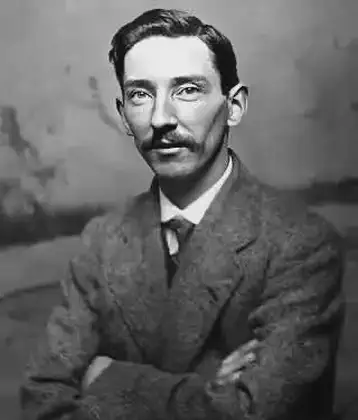On December 12, 1803 in Celtic History
Gerald griffin, the irish novelist, poet, and playwright, was born

Gerald Griffin (Irish: Gearóid Ó Gríofa; 12 December 1803 – 12 June 1840) was an Irish-born novelist, poet and playwright. His novel The Collegians was the basis of Dion Boucicault’s play The Colleen Bawn. Feeling he was “wasting his time” writing fiction, he joined the Christian Brothers, a Catholic religious congregation founded by Edmund Ignatius Rice to teach the children of the poor.
Early Life
Gerald Griffin was born in Limerick in 1803, the youngest son of thirteen children of a substantial Catholic farming family. His family faced financial difficulties, and Griffin’s early life was marked by challenges.
Patrick Griffin, his father, also made a living through brewing, and he participated as one of Grattan’s Irish Volunteers.
His mother came from the ancient Irish family of the O’Brien’s, and first introduced Gerald to English literature.
When he was aged seven, Griffin’s family moved to Fairy Lawn, a house near Loghill, County Limerick, which sat on a hill above the bank of the Shannon estuary, about twenty-seven miles from Limerick. Here Griffin had an idyllic childhood and received a classical education.
“When free from his books he was wont to roam through the neighbouring countries, so rich in ruins, which told him of the past glories of his native land. At that time, too he got an insight into the customs of the people and became familiar with the popular legends and folk-tales which he later worked into his stories.”
Educational Background
Despite financial constraints, Griffin received an education at a school in Limerick. Later, he moved to London, where he worked as a clerk and continued his education.
Literary Career
Griffin began his literary career as a poet, contributing to various publications. He later turned to prose and became known for his novels and plays.
Notable Works
“The Collegians” (1829)
One of Griffin’s most famous works, “The Collegians,” is a novel based on a true crime story. It explores themes of love, betrayal, and tragedy.
“The Duke of Monmouth” (1836)
Griffin wrote this historical novel about the Monmouth Rebellion in England.
Plays
Griffin also wrote several plays, including “Gisippus” and “Tragedy of Gisippus.”
Religious Conversion
In 1838, Gerald Griffin experienced a religious conversion and decided to join the Christian Brothers, a Catholic religious order dedicated to education.
Death
Gerald Griffin died on June 12, 1840, at the age of 36. He spent a relatively short but impactful time as a writer.
Legacy
Griffin’s works, particularly “The Collegians,” had a lasting impact on Irish literature. His exploration of Irish themes and his contribution to the emerging literary tradition in Ireland were significant.
Gerald Griffin’s writings are remembered for their exploration of Irish life, historical events, and human emotions. His works continue to be studied and appreciated as part of the rich literary heritage of Ireland.
More From This Day

HMS Duchess, accidentally rammed by a battleship in thick fog, sunk with heavy loss of life
December 12, 1939


Peadar Kearney, composer of lyrics to Ireland National Anthem, A Soldier's Song, is born
December 12, 1883